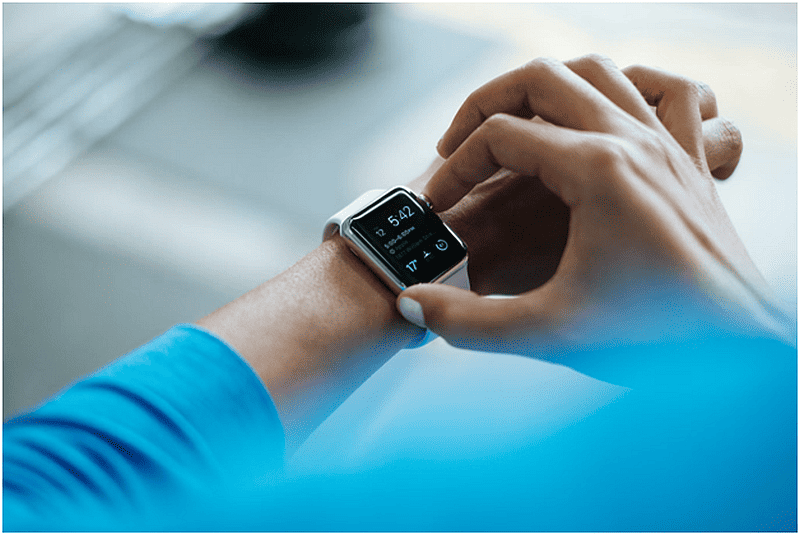We’re still in the first quarter of the year, but it’s clear that 2024 has continued the 2023 trend of revolution in digital health, driven by technological innovation and an ever-increasing focus on patient-centric care. This evolution is reshaping the healthcare landscape, making it more accessible, personalized, and efficient.
Artificial Intelligence and GenAI in Healthcare
Artificial Intelligence (AI) and Generative AI (GenAI) have become cornerstones of modern healthcare. These technologies are transforming healthcare processes from drug development to predictive analytics, streamlining patient care, and offering tailored treatments.
Interoperability and Data Sharing
The advancement of interoperability and data-sharing initiatives is fostering a more interconnected healthcare system. The emphasis on electronic health records and seamless data exchange is crucial for providing cohesive patient care across different healthcare platforms.
Personalized Digital Healthcare
Digital platforms are revolutionizing healthcare by offering personalized and patient-centric solutions. Wearables, telehealth, and at-home devices are not just tools but companions in a patient’s health journey. They enable real-time health monitoring, encourage proactive health management, and facilitate personalized health plans based on individual data. This shift is greatly enhancing patient engagement and satisfaction.
By integrating AI and machine learning, these platforms can predict health risks and suggest preventative measures, making healthcare more proactive than reactive. The ability to track and manage chronic conditions from the comfort of one’s home is also reducing hospital readmissions and healthcare costs, thereby transforming the landscape of healthcare delivery.
Analytics and Big Data in Healthcare
The fusion of big data and analytics within the healthcare sector marks a pivotal shift in healthcare management. Rather than simply accumulating vast quantities of data, the focus is now on extracting meaningful, actionable insights. These insights are pivotal in making critical, life-saving healthcare decisions and enhancing the overall efficiency of healthcare services.
Healthcare providers, equipped with these analytical tools, are adept at identifying trends in diseases, forecasting health-related developments, and preempting potential health crises. Such predictive analysis is vital for effective public health strategy and management.
Telehealth and Remote Monitoring
Telehealth and remote monitoring have become more than just pandemic-era necessities; they are now fundamental elements of modern healthcare. These technologies provide continued access to care for patients in remote areas, those with mobility challenges, and individuals seeking convenience.
For instance, alongside telehealth consultations, websites like BuzzRX offer discounts on prescriptions, making medications more accessible and affordable for patients managing their health remotely. This integration of telehealth with cost-saving platforms like BuzzRX is particularly beneficial for patients with chronic conditions, who often require ongoing medication management.
Additionally, remote monitoring, especially for chronic conditions like diabetes or heart disease, enables healthcare providers to monitor patients’ health in real-time, leading to timely interventions and better disease management. The adoption of these technologies is significantly reducing the strain on healthcare systems by decreasing the need for in-person visits and enabling healthcare providers to treat more patients efficiently and effectively.
Emerging Technologies: AR, VR, and Blockchain
Augmented Reality (AR) and Virtual Reality (VR) technologies are revolutionizing medical training and patient care, offering immersive experiences. Additionally, blockchain technology is enhancing data security and efficiency in healthcare, ensuring integrity and privacy of patient data.
Conclusion: The Future of Healthcare is Digital
As we move forward, it’s evident that digital health is not just about technological advancement; it’s about a fundamental shift in healthcare delivery. By embracing these innovations, the healthcare industry is poised to offer more efficient, effective, and patient-centered care, marking a new era in healthcare.
Article Submitted By Community Writer




